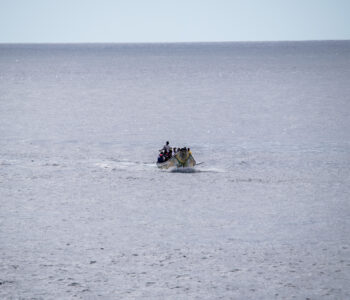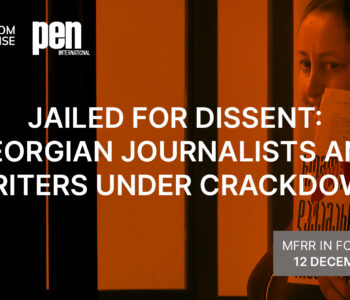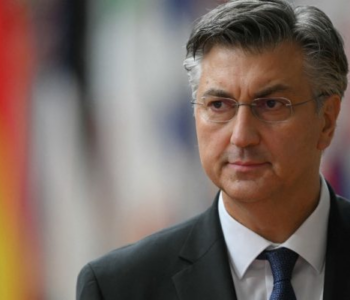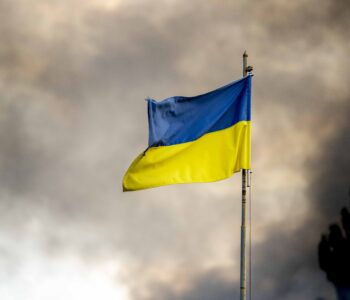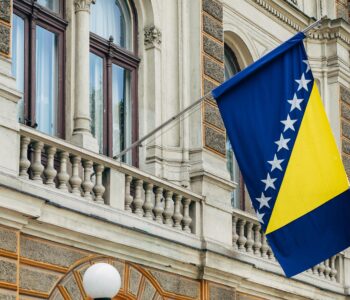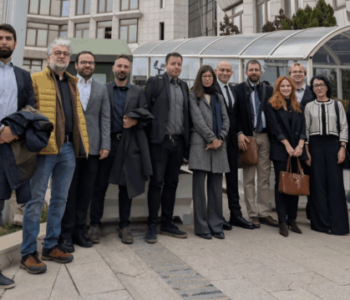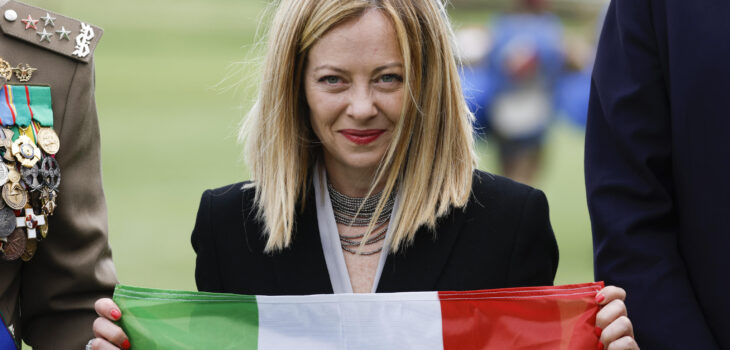
Press freedom in Italy: those in power are not to be criticised
In 2021, then opposition leader Giorgia Meloni sued Roberto Saviano for defamation. Last October, the Rome Criminal Court issued a sentence against the Italian writer. A ruling that alarmed Italian and European civil society. We had a conversation about it with Antonio Nobile, Saviano’s lawyer.
By Sielke Kelner
The defamation lawsuit filed by Giorgia Meloni against Italian writer Roberto Saviano has ended with a first-degree criminal conviction issued by Rome Criminal Court. The judge convicted Saviano of criminal defamation, acknowledging, however, mitigating circumstances: the moral motivation that, according to the Court, led Roberto Saviano to formulate his criticism. While the prosecutor had asked for the writer to pay a fine of 10,000 euros, the criminal court reduced this to 1,000 euros. The verdict was met with dismay by Italian and European civil society. The involvement of a high-level public figure, specifically the Prime Minister acting as plaintiff, along with the public interest nature of the dispute concerning the rescues of migrants in the Mediterranean Sea by NGOs, has raised significant concerns regarding Italian freedom of expression. According to MFRR and CASE, Meloni’s lawsuit is a SLAPP. They also argue that the verdict sets a dangerous precedent that could facilitate further attempts to silence public watchdogs criticizing political leaders. We discussed this with Antonio Nobile, Saviano’s lawyer. Nobile is a criminal defense lawyer registered at the Naples Bar Association, he also acts as an expert in criminal procedural law at the University of Southern Lazio.
From the perspective of a criminal defense lawyer, what are the consequences of this verdict on press freedom and freedom of expression in Italy?
First and foremost, the immediate effects are on Saviano, who has a defamation conviction on his criminal record, which is damaging for a political intellectual. Additionally, from the beginning, this trial has had a strong symbolic element. This legal action and the decision to pursue it even when Meloni became Prime Minister [when the lawsuit was filed she was the leader of the political opposition] have a symbolic value because the individuals involved are very well-known. Saviano is a very well-known Italian intellectual, in Italy and abroad. If someone wanted to dispatch a clear message, then Saviano was the ideal target. The consequences for the rule of law are immediately measurable starting from a technical consideration: the whole jurisprudence produced by the ECtHR which has recognized investigative and political journalists as public watchdogs.
Have we experienced a deterioration of Italian freedom of press and expression in recent years?
This interview was conducted by OBCT as part of the Media Freedom Rapid Response (MFRR), a Europe-wide mechanism which tracks, monitors and responds to violations of press and media freedom in EU Member States and candidate countries.

